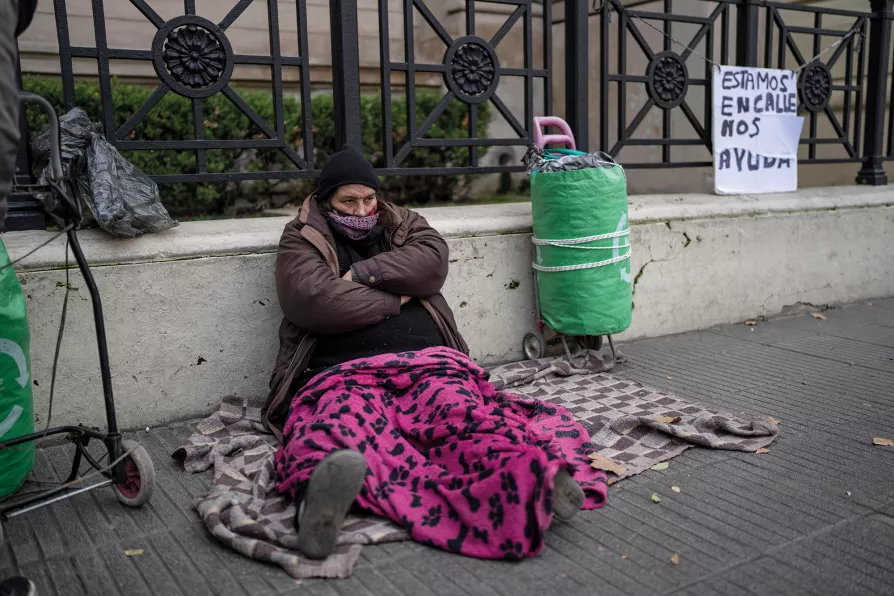The selection, analysis and interpretation of historical ‘facts’ always takes place within a paradigm, a model of how the world works. That’s why history is always a battleground, declares the Marx Memorial Library


THE abrupt resignation of economy minister Martin Guzman on July 2 was the most significant casualty to date of the power struggle between Argentinian President Alberto Fernandez and his deputy Cristina Fernandez de Kirchner and their respective supporters in the ruling Frente de Todos coalition government.
Guzman was the architect of a restructure of the remaining $44 billion of a $55bn International Monetary Fund loan, obtained in dubious circumstances by the previous corrupt government of Mauricio Macri in 2018.
Critics say that the price of the restructure is too high. In return for postponing repayment until 2026, Argentina must decrease subsidies on public services, cut spending, reduce monetary emissions and increase interest rates as a means of combating the chronic inflation that has long afflicted the country.

As six out of 10 Argentines don’t vote for Milei LEONEL POBLETE CODUTTI looks at the country’s real crisis that runs far deeper than just the ballot box

The US president’s universal tariffs mirror the disastrous Smoot-Hawley Act that triggered retaliatory measures, collapsed international trade, fuelled political extremism — and led to world war, warns Dr DYLAN MURPHY












